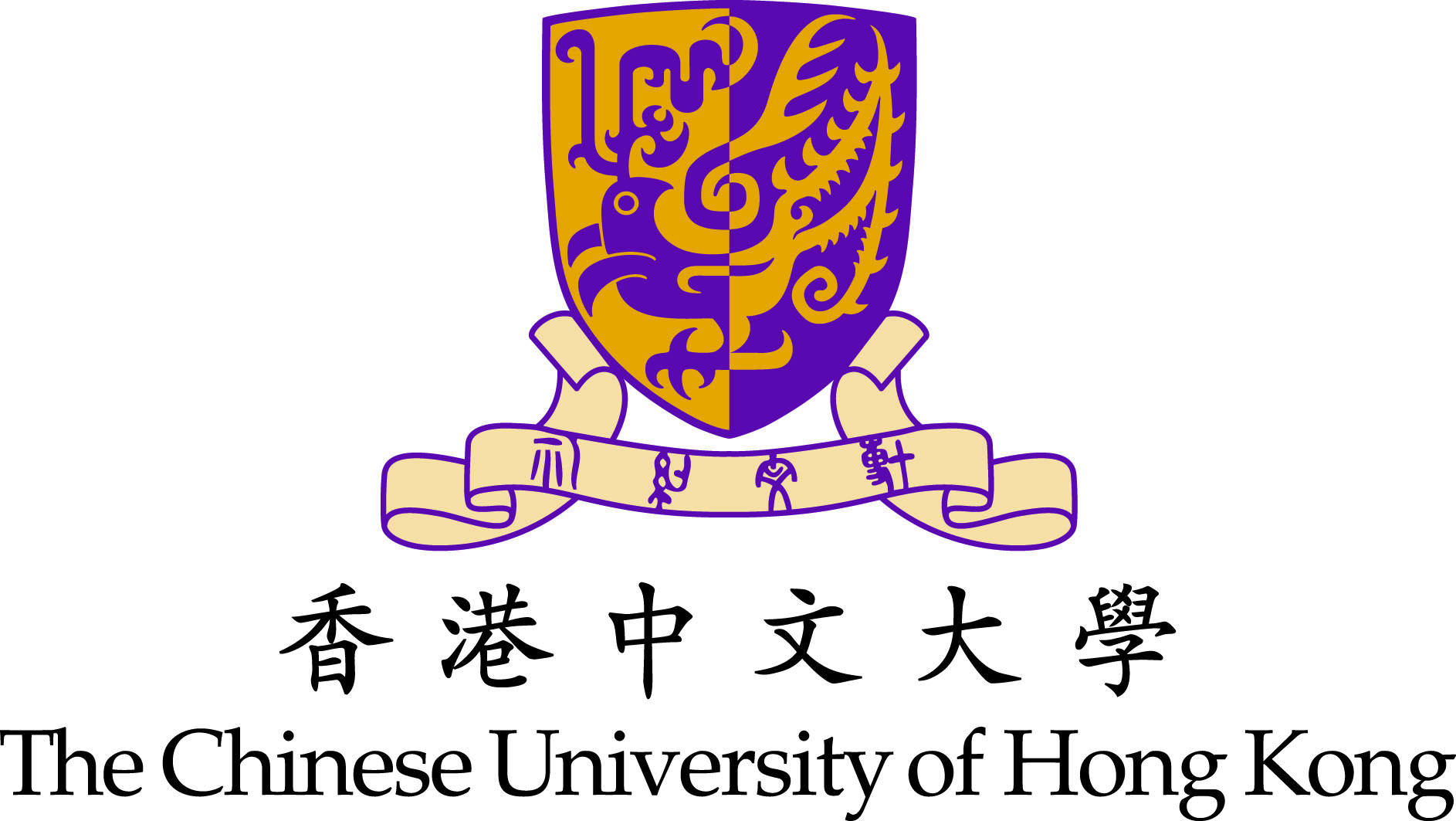The Call for a Gender-equitable Society in the International Day of Older Persons
‘Resilience and Contributions of Older Women’ – the theme of this year’s International Day of Older Persons named by the United Nations – has spotlighted the achieved and potential contributions by older women, recognising their resilience in the face of environmental, social, economic and lifelong inequalities.
‘Resilience and Contributions of Older Women’ – the theme of this year’s International Day of Older Persons named by the United Nations – has spotlighted the achieved and potential contributions by older women, recognising their resilience in the face of environmental, social, economic and lifelong inequalities.
The case in Hong Kong can’t be more relevant: women enjoyed the longest life expectancy in the world, and it has outperformed men for some 20 years since 1986 while a narrowing gap is observed in other countries. The contributions and resilience of women in bringing the prosperity of Hong Kong should come with their ageing well, which goes more than long life to having a happy, meaningful, and satisfying life.
Indexes to track changes of well-being compiled by the Institute of Ageing at The Chinese University of Hong Kong from 2017 to 2020, however, seemed to tell a different story. Compared with male counterparts, older women had higher poverty rate, rated themselves poorer in health, had lower mental health and were frailer.
The inequality could be related to the development of Hong Kong over decades intertwined with various social factors. Over the life course, women has lower chance of education opportunities before the introduction of compulsory education; lower rate of labour participation rate, especially for those who are married; higher share of caregiving responsibilities and the dual role to take care of family and work which affect their career prospects. While the credits of informal and caregiving work by older women are not easily spotted and recognized, they bear the most of the burden as exemplified during COVID-19 in which women suffered from lower well-being and caregivers had higher level of stress, lower general self-efficacy, physical and psychological health, in addition to ageism portrayed on older people.
The International Day of Older Persons gives us a timely reason to applaud the efforts by older females over the past generations and to strive for a more gender-equitable society in fixing societal causes perpetuating the inequalities of women. Building on improvements made over the years, a lot more needs to be done such as a more women-friendly workplace, timely and adequate support to caretakers and frail elders. Resolution for a better society by all of us will give us reasons to be optimistic on this cause.
Dr. Anson Chau, Postdoctoral Fellow, Richard Lee, Functional Manager, Institute of Health Equity, The Chinese University of Hong Kong
This article with revised version was published on South China Morning Post.






